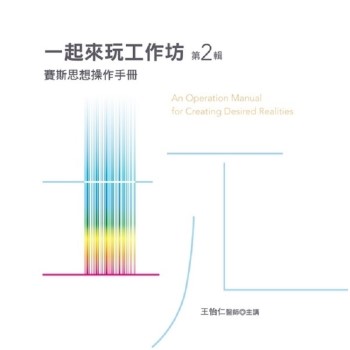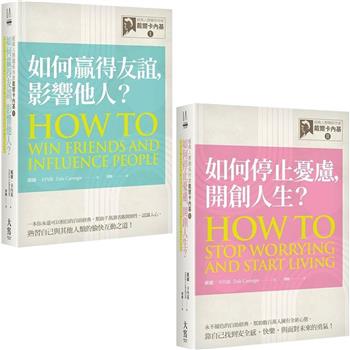This gentle Presbyterian minister lived and worked among Cincinnati's poor, helped Black tenant farmers in Tennessee during the civil rights era, and went to jail as a pacifist conscientious objector. Building the Beloved Community details the terrible price the Reverend Maurice McCrackin paid for his peace and civil rights activism--defrocking, public vilification, numerous jailings--and the wide honor and vindication he earned in the later years of his life.
Born and raised in the Midwest, McCrackin began his ministry as a missionary to the Middle East, where he experienced "a dark night of the soul," beginning the journey that led him from the traditional Presbyterian ministry to a deeper commitment to social justice. In Cincinnati he led the first mainstream integrated church and established a settlement house among the poor. Soon he was drawn to protest racism and militarism. An active member of the Fellowship of Reconciliation, McCrackin became a war tax resister. He and several of his closest friends became part of "Operation Freedom," a ministry to black tenant farmers in southwestern Tennessee and northern Mississippi at a time when they were being economically strangled for daring to send their children to formerly all-white schools as the Civil Rights Movement began unfolding.
McCrackin was gentle and loving in his personal relationships at the same time he adamantly resisted authorities who he felt were buttressing the oppressions he saw around him. His colleagues within the Presbytery did not understand his version of Christianity, and they eventually removed him from the ministry--only to reinstate him twenty-five years later, with apologies. In the meantime, hehad continued on with his witness at the Community Church of Cincinnati.
This is a story that calls to our attention the critical questions of our time. What is our responsibility in the face of possible nuclear annihilation or ecological disaster? What is the dividing line between allegiance to the institutions of our society and allegiance to our own sense of what is right? Is it possible to live a life motivated by unconditional love?
| FindBook |
有 1 項符合
Building the Beloved Community: Maurice Mccrackin’s Life for Peace and Civil Rights的圖書 |
 |
Building the Beloved Community: Maurice Mccrackin’s Life for Peace and Civil Rights 作者:Blackburn 出版社:Trafford Publishing 出版日期:2006-10-24 語言:英文 規格:平裝 / 292頁 / 22.9 x 15.2 x 1.8 cm / 普通級 |
| 圖書館借閱 |
| 國家圖書館 | 全國圖書書目資訊網 | 國立公共資訊圖書館 | 電子書服務平台 | MetaCat 跨館整合查詢 |
| 臺北市立圖書館 | 新北市立圖書館 | 基隆市公共圖書館 | 桃園市立圖書館 | 新竹縣公共圖書館 |
| 苗栗縣立圖書館 | 臺中市立圖書館 | 彰化縣公共圖書館 | 南投縣文化局 | 雲林縣公共圖書館 |
| 嘉義縣圖書館 | 臺南市立圖書館 | 高雄市立圖書館 | 屏東縣公共圖書館 | 宜蘭縣公共圖書館 |
| 花蓮縣文化局 | 臺東縣文化處 |
|
|
圖書介紹 - 資料來源:博客來 評分:
圖書名稱:Building the Beloved Community: Maurice Mccrackin’s Life for Peace and Civil Rights
內容簡介
|









